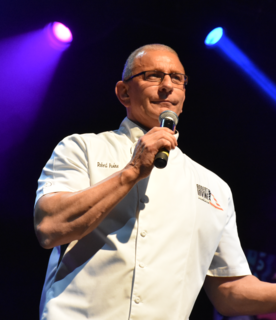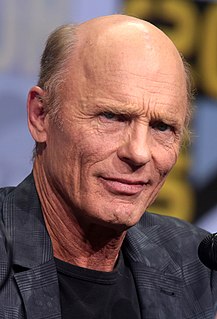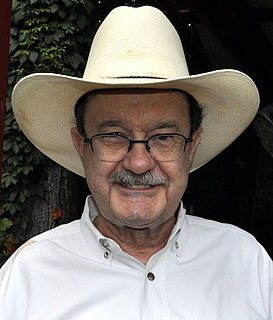A Quote by James Cromwell
During the run up to the Iraq War, Mike Farrell and I did get on television kind of frequently, but then they saw that that didn't work. They really couldn't bait us into being stupid, so they stopped. You know the mainstream media, corporate media, avoids ever giving anyone who has anything to say a platform, if they can possibly help it.
Related Quotes
I was on television a couple of years ago and the reporter asked me, "How does it feel being on mainstream media? It's not often poets get on mainstream media." I said, "Well I think you're the dominant media, the dominant culture, but you're not the mainstream media. The mainstream media is still the high culture of intellectuals: writers, readers, editors, librarians, professors, artists, art critics, poets, novelists, and people who think. They are the mainstream culture, even though you may be the dominant culture."
You can't just repurpose old material created for one platform, throw it up on another one, and then be surprised when everyone yawns in your face. No one would ever think it was a good idea to use a print ad for a television commercial, or confuse a banner ad for a radio spot. Like their traditional media platform cousins, every social media platform has its own language.
What's really going on here is, this is a media shift. It's comparable to what happened in the 1950s and the birth of electronic mass media back then.This is the birth of a new kind of personal media, where, instead of we're all watching one program, we're all watching each other. And the history of media makes it really clear. Whenever we have a big innovation, the first wave of stuff we do is pretty crummy. The printing press gave us pornography, cheap thrillers, and how-to books. Television gave us Newt Minow's vast wasteland.
I think when I was a young person, there was just kind of - there was very little dialogue about it. And there was just kind of one way to be gay, right? You saw very effeminate guys. You saw very butch women. And there was no kind of in-between. And there was no - you know, there wasn't anything in the media. There wasn't anything on television.
In my head, thought, I would love to do an interview where it's just sort of de-constructed - the talking points of Iraq - sort of the idea of, is this really the conversation we're having about this war? That if we don't defeat Al Qaeda in Iraq, they'll follow us home? That to support the troops means not to question that the surge could work. That, what we're really seeing in Iraq is not a terrible war, but in fact, just the media's portrayal of it.
Let me say, it's - what a commentary it is on American media that you have to go to Russian television in order to get covered as a candidate in this election. It's pretty outrageous. And our media could solve that in a heartbeat if they actually opened it up, you know, but they don't. So I think that's more commentary on the crisis in our media.
Mainstream media can be controlled, right. Because messaging from mainstream comes from that particular news outlet or whatever. Then you have the top people driving that messaging, and then that's what it is, right? Social media can really stir up a higher level of panic. If you think about it, it's not controlled.
Part of the failure of the corporate media is that they don't dig out stories anymore. They are looking down from the top floors. Media work used to be something that was down on the ground level. Now they are looking out of the windows in the top suites, and they don't know what's going on out there. And then there are the corporate owners who don't want this stuff reported because if one town learns that the next town has defeated Wal-Mart or stopped sweatshop goods, then other towns are going to want to do the same thing.
I have learned one thing, because I get treated very unfairly, that's what I call it, the fake media. And the fake media is not all of the media. You know some tried to say that the fake media was all the media, no. Sometimes they're fake, but the fake media is only some of the media. It bears no relationship to the truth.
My definition of media? 'Anything which owns attention.' This could be a game or, perhaps, a platform. Ironically, the media tends to associate media with publishing - digital or otherwise - which, in turn, is too narrow a way to consider not only the media but also the reality of the competitive landscape and media-focused innovation.
The mainstream media today has the biggest disconnect with its audience that it's ever, ever had. And as the disconnect grows and as more and more people distrust them, then the media digs in more and more and says you don't know what you're talking about, you don't know how we do our jobs, you don't know what's important.



































